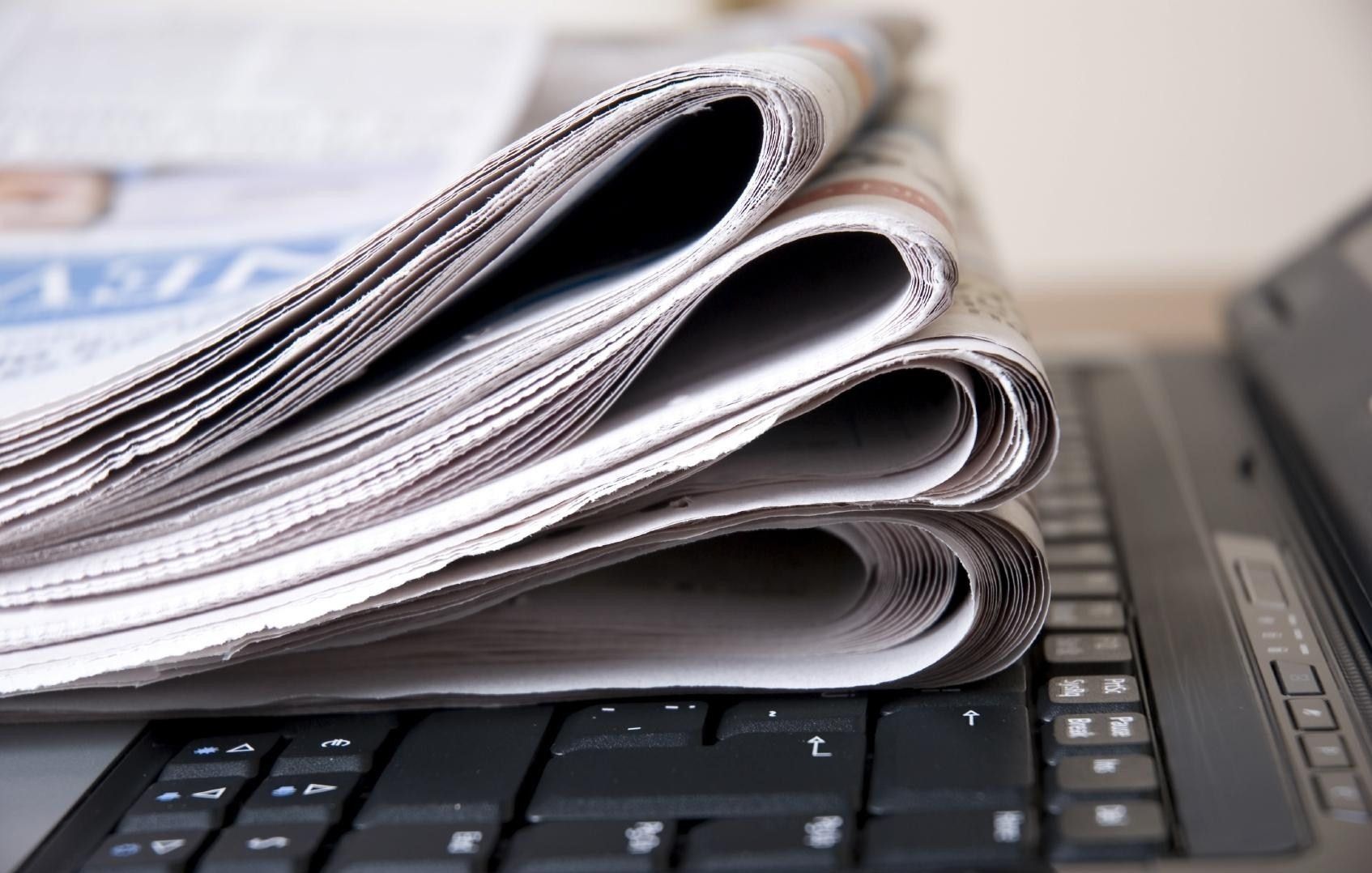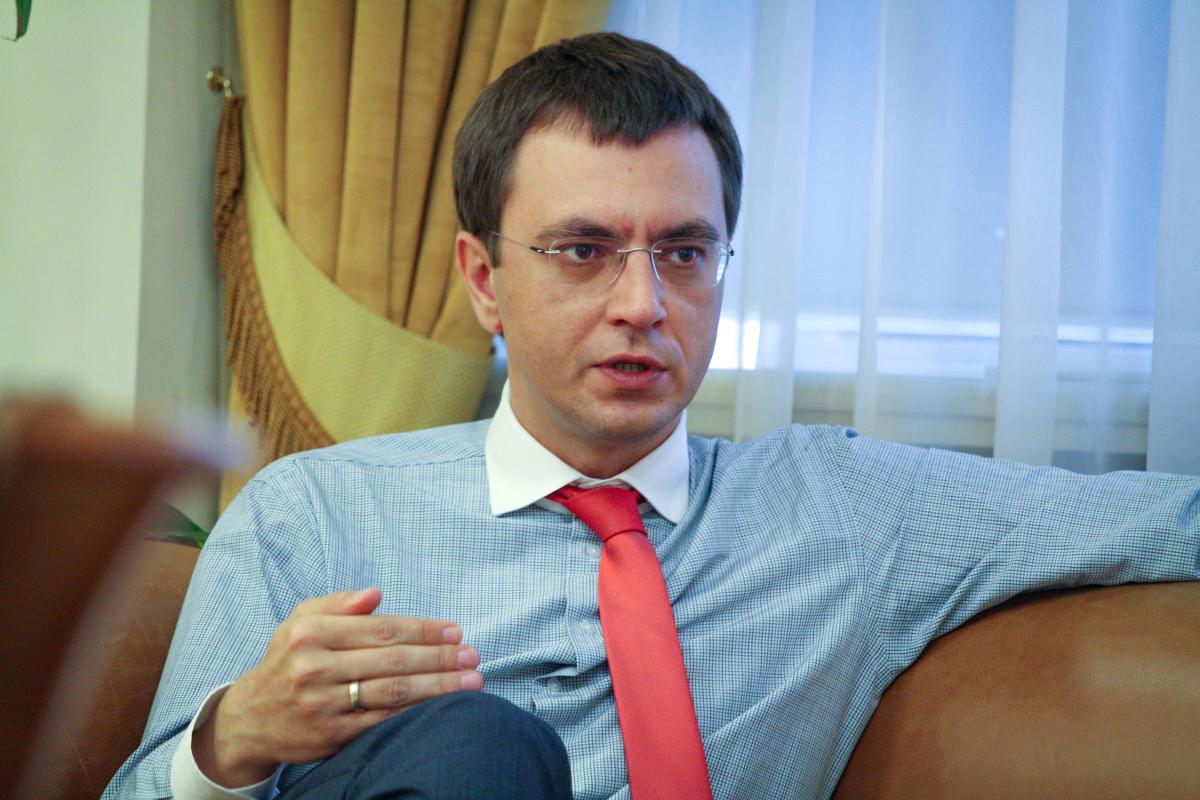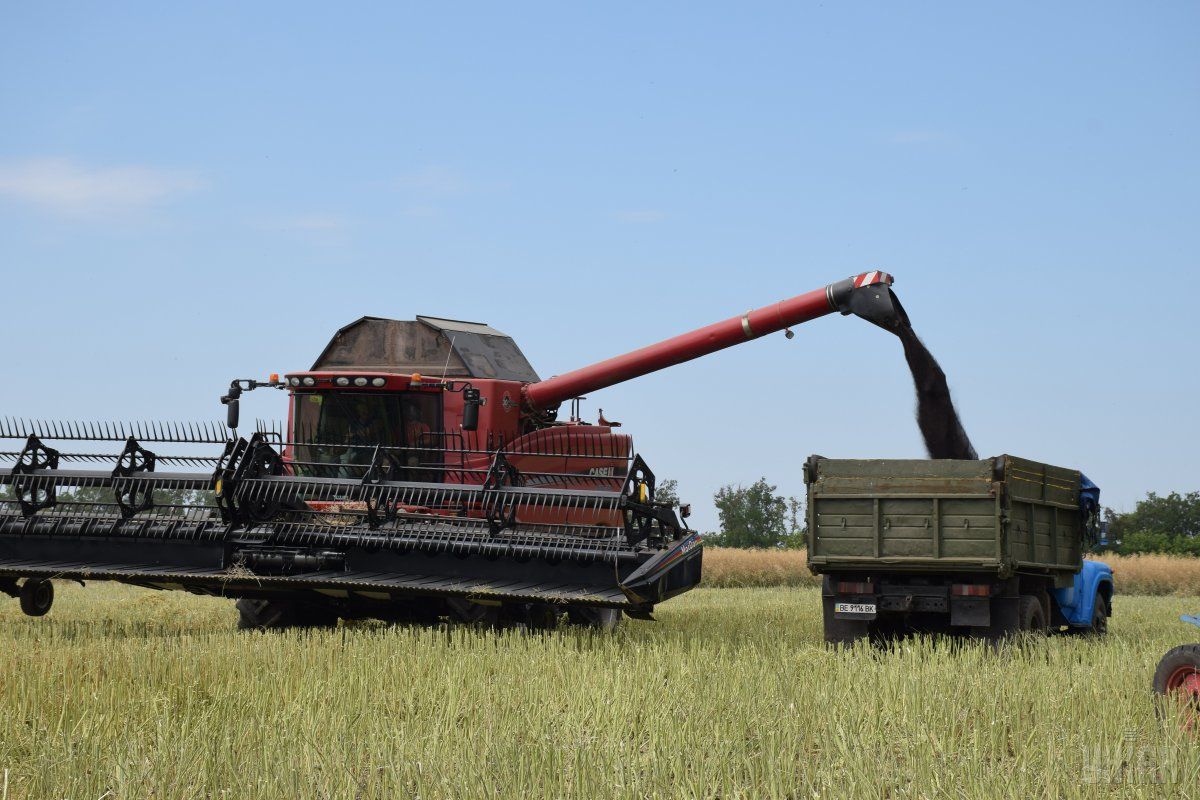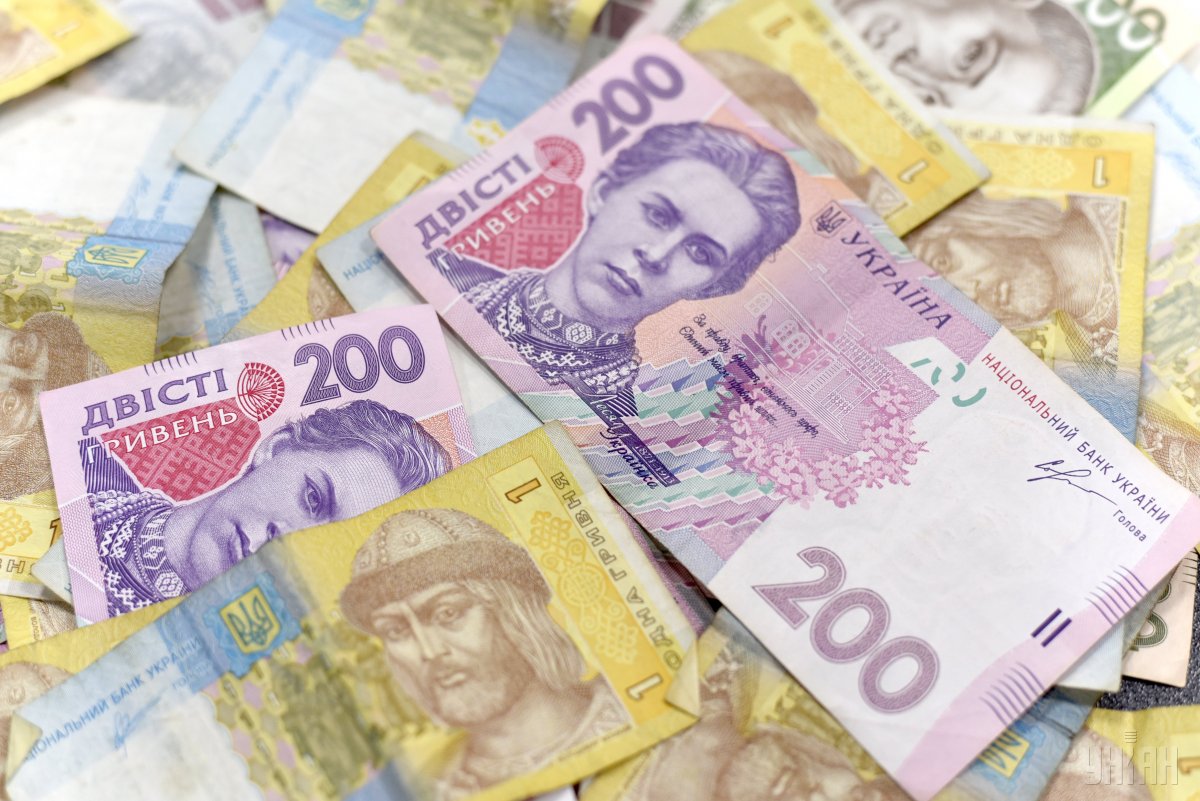
Week's balance: inflation declining, railways waving good-bye to Russia, and agrarians determined on volumes of grain exports
Ukraine's infrastructure minister Volodymyr Omelyan, in response to the transport blockade by Putin's Russia, announced he was ready to close down passenger railway communication with an aggressive neighbor; the State Statistics Committee reported on the deflation in the consumer market; while agrarians and the Ministry of Agrarian Policy agreed on the volumes of Ukrainian wheat exports – such are the main economic news of the past week.
While some members of the Cabinet were enjoying their August vacation, Minister of Infrastructure Volodymyr Omelyan made a loud statement in response to the expanding transport blockade of the country by Putin's Russia, spreading to the Ukrainian coast of the Azov Sea. The minister reported on the preparation of the decision to close down passenger railway traffic with the Russian Federation.
"We have drafted a set of measures in response to the actions of the Russian side, related to the situation in the Azov Sea and occupation of part of our eastern regions, and we believe that the closure of railway communication should have its effect. But before the government or National Security and Defense Council make their decision, we don't comment on this, since this should be approved at the governmental level," the minister said.
Later, Omelyan specified that it is only about shutting down passenger communication, not cargo, because the latter would pose a problem not only because the state-owned railway operator, Ukrzaliznytsia, may lose substantial revenues, but also Ukraine in this way could breach the norms of international law, in particular, regarding the obligations the country assumed in the framework of the World Trade Organization.
The idea of reducing transport links with the aggressor was supported by Izet Gdanov, the president's first deputy permanent envoy on Crimea, who stated that the termination of the railway communication with the occupier was the right proposal. At the same time he added that it was necessary to also consider the issue of halting all bus traffic with Russia.

In the past week, Prime Minister Volodymyr Groysman last week recalled the pressing problems of Ukrzaliznytsia and the need to get the company out of a state of decline.
"The billionaire-company, Ukrzaliznytsia, was entangled in all sorts of schemes and nodes. We begin to unwind them, revealing its enemies and taking the situation out of the state of decline," the head of government said.
The Prime Minister promised that simultaneously with the renewal of company reserves, there will be an update of the management structure, elimination of shadow deals, and manual regulation.
Wheat exports

On Friday, grain market players and the Ministry of Agrarian Policy announced the agreement of wheat export volumes for the 2018-2019 marketing year (MY, July 2018 - June 2019). According to the Memorandum signed, the expected export volume of this important grain crop for the agricultural sector will be 16 million tonnes.
"The signing of the Memorandum tells us that the government and market participants are able to find a compromise in the balance sheets of consumption and exports of Ukrainian grain. Ukraine traditionally produces more than it consumes, and Ukraine is an important player in foreign markets. With this Memorandum we also confirm that Ukraine is a stable, reliable partner and supplier of grain to foreign markets," said Maksym Martyniuk, First Deputy Minister of Agrarian Policy.
The parties agreed on the volume of export of food wheat at 8 million tonnes, non-food wheat (fodder) - also at 8 million tonnes, with the volume of supplies to the domestic market set at 5 million tonnes.
Head of the Ukrainian Grain Association Mykola Horbachov, responding to a journalist's question about the reduction in projected export volumes compared to the previous marketing year, noted that due to higher world prices, the country will receive more foreign exchange earnings, despite a slight decrease in physical volumes of supplies.
"We can say with confidence that the gross revenue received by the country from wheat exports this season will be higher in money terms than in the previous season, regardless of the fact that this figure may change in tonnage. This is facilitated by international price increases," Horbachov said.
In total, from the beginning of 2018-2019 MY, according to the Ministry of Agrarian Policy, 2.8 million tonnes of grain was exported, including 1.3 million tonnes of wheat.
The Ministry of Agrarian Policy also reported that, as of August 8, agrarians harvested almost 30.7 million tonnes of grain on an area of 8.9 million hectares, of which 22.8 million tonnes was winter wheat. According to the agency, this is 91% against the forecast.
Inflation decline

Last week, the State Statistical Service reported July's deflation against the previous month was at minus 0.7% - after zero growth in June against May and in May against April. Compared to December 2017, prices increased by 3.6%.
In annual terms, consumer prices last month increased by 8.9% compared to a 9.9% inflation a month earlier.
Thus, so far, the price situation is within the framework of the annual forecast by the National Bank and Government - at the level of 8.9-9.0%. However, it's too early to relax: the decline in consumer prices in July-August is a phenomenon typical for Ukraine, which has been observed for many years.
The National Bank, which supports the hryvnia exchange rate and makes payments on state debt, reported a decrease in the volume of Ukraine's international reserves in July by 1.3% to $17.749 billion. The NBU explained this by payments on government debt at $321.5 million and interventions on the interbank foreign exchange market, where the regulator sold $64.4 million more than it bought.
As of August 1, the volume of international reserves covered three months of future imports, being at the minimum acceptable threshold.
Shattering sword

The past week pleased Ukrainians with news about the new projects of the country's defense sector. In particular, Ukraine has begun assembling the first experimental hull of an armored personnel carrier BTR-4. This important work is being carried out at the Kharkiv state enterprise, the Malyshev Plant, which is part of Ukroboronprom. According to President Petro Poroshenko, in case of the new weapon's successful passing of tests, the plant will receive a production permit and will be able to start its serial production.
In the past week, the Supreme Commander-in-Chief also announced Ukraine's readiness to start serial production of scarce ammunition. It is about the production of artillery shells of large calibers at the Ukroboronprom plants. Tests of these munitions were carried out in the first quarter of the year. According to the head of state, they were successful.
By the way, first photos of the new Ukrainian self-propelled howitzer, Bohdana, were revealed this week. It has a wheeled chassi and a 155-mm cannon.
The new unit will be showcased at the Independence Day parade in Kyiv August 24.
The next week promises to be hot. And it's not only because of the weather. After a two-week break, a meeting of the Cabinet of Ministers may be held, while agrarians will continue collecting early grain, State Statistics Committee will inform about the situation with foreign trade, and the country will prepare for Independence Day.
Yaroslav Samoliuk

